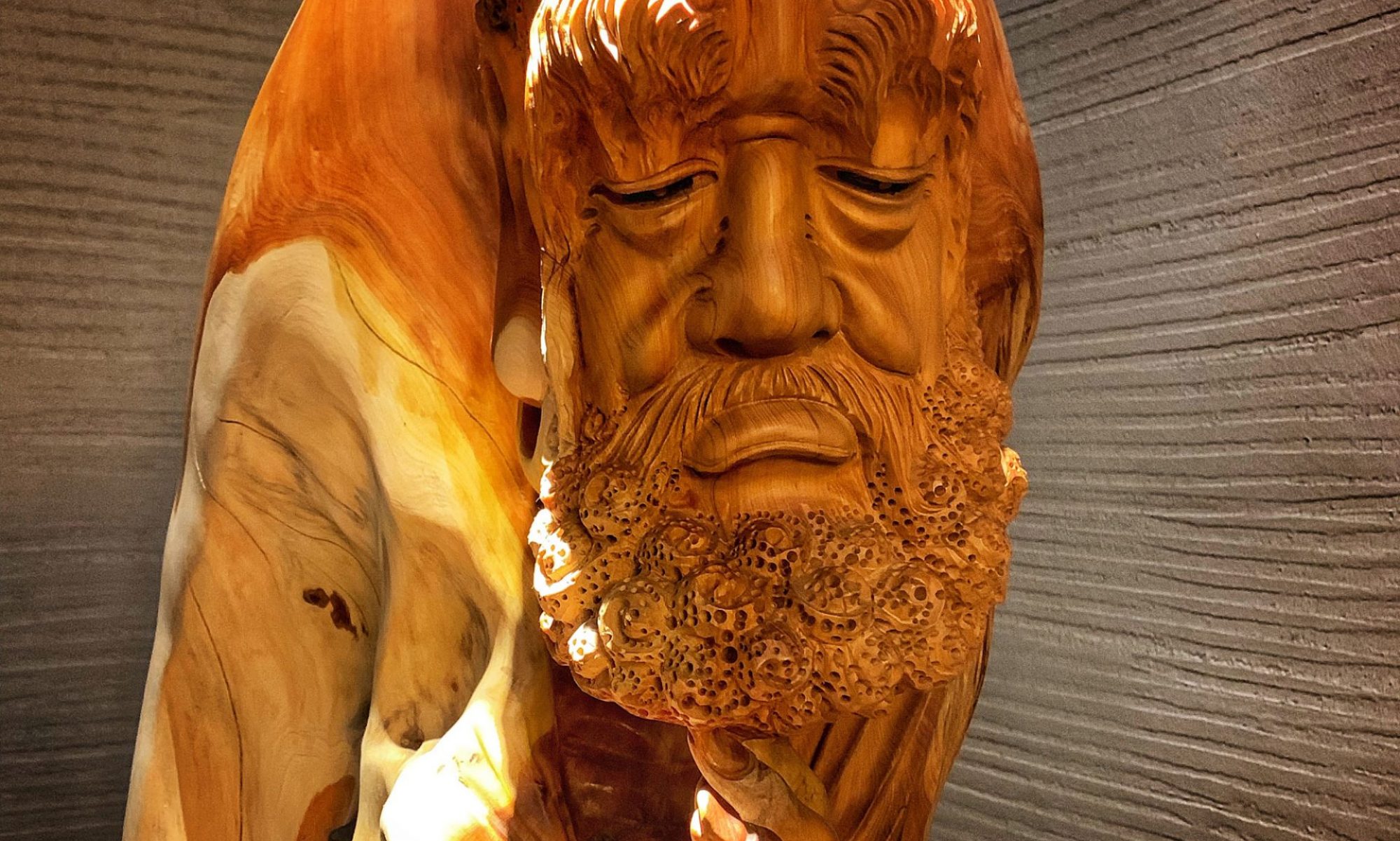The world is a dream. And in the dream there is no way I can tweak, unless and until I recognizes it as a dream. Again, I may question whether in that moment of recognition, am I dreaming, or observing the dream? Both is possible.
To come to understand the above, lets look at the simile of a dream. There is a two “you” – the dreamer and the dreaming. There is a you who is dreaming and there is another you in the dream. Which is more real or true? The same too can be referred to our aware and unaware state. The unaware state is liken a dream. It is incorrect to say which is more real. Both are so-called real at its own level. The clearer you becomes the moment of unawareness seems unreal to you. Just like the dream. When you come out of it, the dream is unreal to you. It is in contrast the comparison arise.
To address this notion, it is important to know who is this “I”. From my own exploration, understanding and realization until this point of time, the “I” is a bundle of ideas. “The bundle of ideas” are the conditioning of the past. Whenever awareness and the acquired wisdom matures, coupled with observing mind, you will have directly experience to the nature of conditioning and its impersonality. You will “see” the an entire ideas, concepts and motivation around the conditioning. If you follow what I am sharing then it will be easy to see who is the “I” in the dream, except conditioning playing out itself. Just like when you are unaware, you are in the autopilot mode, run by conditioning. Even though if you are aware you will also observe the whole entire conditioning running without your ability to get out of it. Your ability to observe this is also a kind of conditioning – conditioned by wisdom. So in other words, when we are not conditioned by wisdom, we are by default, conditioned by ego. In fact the entire existence is conjured by the ego, lives by the ego, dies by the ego. Sporadically, wisdom comes into being, just as the Holy Spirit comes in as inspiration (in-spirit).
I can assume that the world of reality that is so, so real to me is a dream – a holographic dream. In science there is a light hologram. In the mind there is a hearing hologram, smelling hologram, touching hologram, seeing hologram and tasting hologram – each having its specific function. When they exist together, the hologram becomes tangible, becomes real, at least as what I thought.
Why do I say it is a hologram? Observe your seeing. What do you see? You may see lots of things but in reality you don’t see things, except conceptualization of something which you are seeing. What is that something? Colors. Every color has its own boundary and in that boundary a concept of form is created. Imagine all the colors you see has no boundary. Imagine too that if there is no color at all. Is there a form? This explanation is only one out of the five bodily senses. What about the mind – the greatest conjurer of all?
